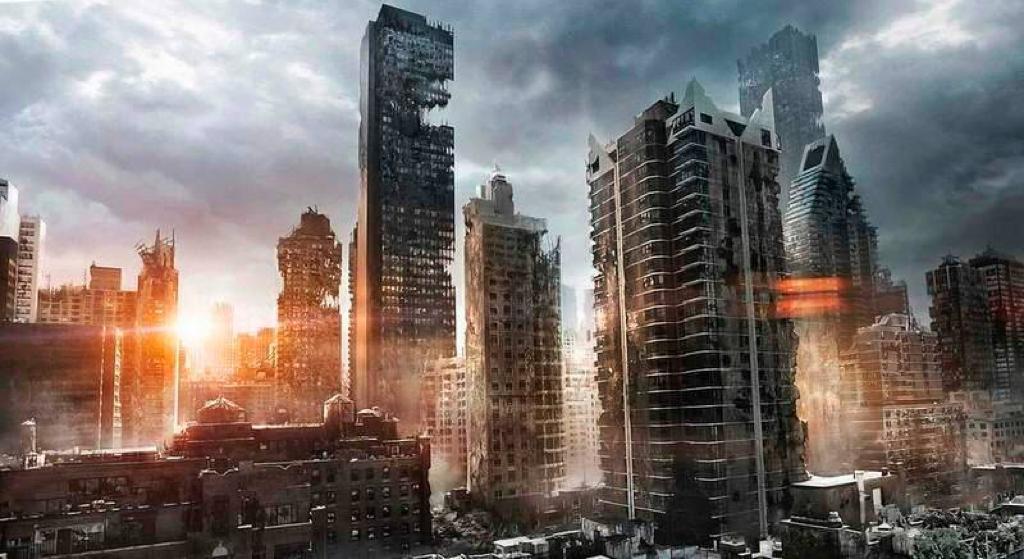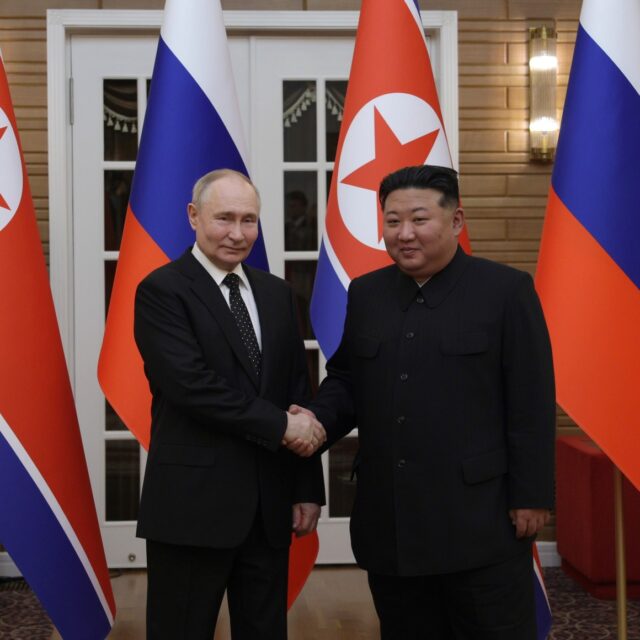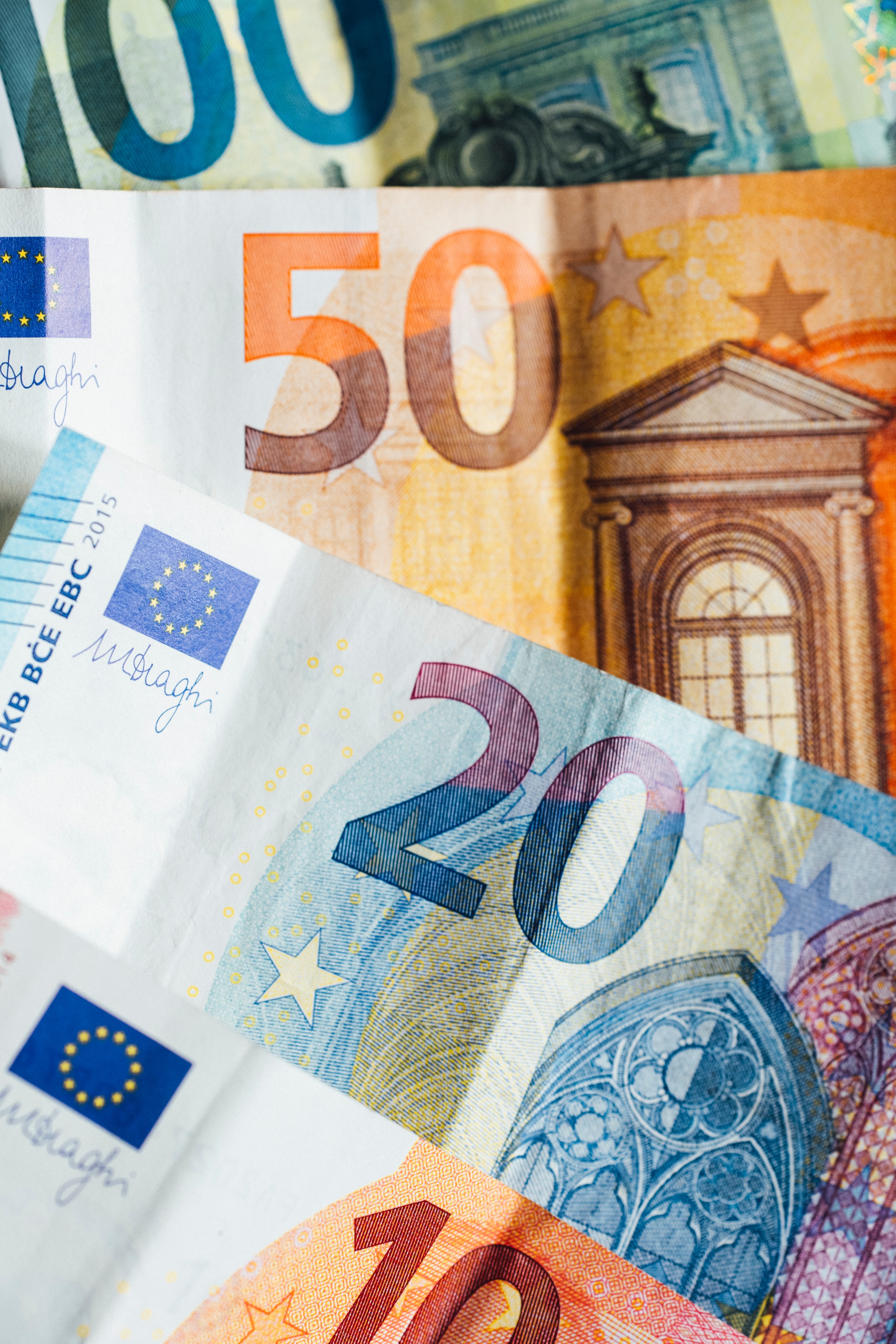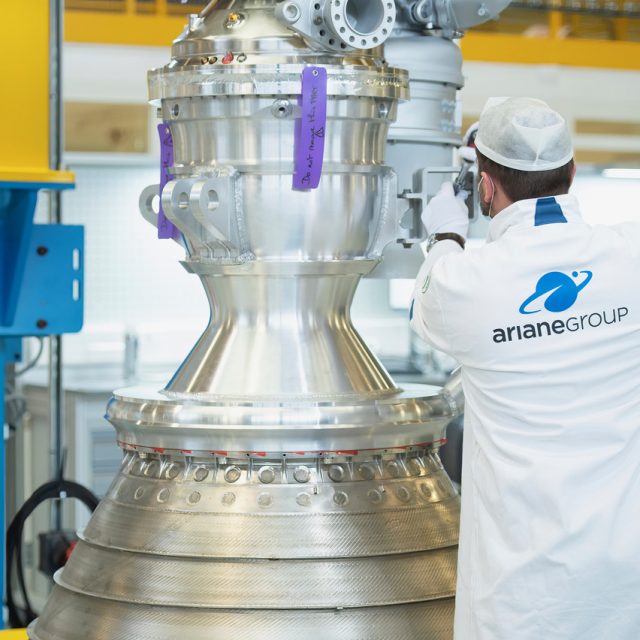Ukraine has become a real bear trap for Russia. The fierce resistance of Ukrainian defenders of the bloody invasion that Putin unleashed has the Kremlin in a spin.
On Sunday, the bitterness on the Ukrainian front turned into a new round of threats, and the doomsday clock shifted again. Putin alerted Russia’s strategic missile forces to a special mode of combat duty. Most analysts assess this as psychological pressure on Ukraine and its allies. UK Defence Minister Ben Wallace says that he does not think that Putin will use nuclear weapons. But Steve Rosenberg of the BBC has a more chilling analysis saying that “would never do” is not a phrase that applies to Vladimir Putin. There are indeed a number of factors that indicate the seriousness of the intentions of the Russian president and the likelihood of using at least tactical nuclear weapons.
On 21 February, at a meeting of the Security Council of the Russian Federation, Putin put pressure on the country’s chief intelligence officer, Sergei Naryshkin. He confused the recognition of the independence of the “LDNR” with admission to the Russian Federation, stuttered and got confused in his answers. The decree on recognition and treaties of friendship and mutual assistance with the puppet states were signed on the same day. At the time of the Security Council meeting, Naryshkin already knew that Putin was planning a large-scale invasion of Ukraine. The legalisation of fake republics was just the start of the stopwatch. The owner of the Kremlin wrapped up plans to unleash a full-scale war in Europe in the wrapper of recognition of the LDNR. At the same time, he did not rule out a nuclear strike, which would guarantee the achievement of his goals.
The spectre of nuclear weapons has appeared in recent media commentary. The notorious Kremlin propagandist Kiselyev said back in March 2014 that only Russia is capable of turning the United States into radioactive ashes. Yesterday, in his TV show, he claimed that Russia could simultaneously launch about 500 ballistic missiles, and Russia’s nuclear potential is the most powerful in the world.
The unrecognised leader of Belarus, Lukashenko, also continues to promote a nuclear agenda. He has stated that if the West deploys nuclear weapons near the borders of Belarus, he will turn to the Russian leadership to return nuclear weapons to Belarus. Legalising such a step can also help the country’s updated constitution. On 27 February, 65% of citizens allegedly voted for amendments to the basic law in Belarus. This means that this country will actually cancel the status of a nuclear-free state, thereby giving Putin the opportunity to place nuclear missiles in Belarus.
Two years ago Russia changed policy documents that outline the reasons for a nuclear strike. Putin in 2020 approved the basic policy for nuclear deterrence. The new policy emphasises that Russia reserves the right to use nuclear weapons not only in response, but also pre-emptively in the event of a threat to the existence of the state. What is new in this policy is that nuclear missiles can be launched in response to some threat or impact, including cyber attacks.
The revision of this document was probably influenced by Moscow’s awareness of the impossibility of reorienting Ukraine’s democratic choice, which in the future threatens the deployment of potential enemy forces with nuclear weapons delivery vehicles in adjacent territories. Putin used these factors to build an “ideological” foundation that undermines world security in the field of strategic weapons.
There are two other important points about the possibility of Putin using nuclear weapons.
First. The invasion of Ukraine, according to the plan, was to continue the reconstruction of a mini-USSR. After the successful “taming” of Belarus, Putin needed to ensure the further growth of the “empire” and the recognition by Western leaders of his equality with them. However, in the modern world, such equality is ensured by economic and innovative achievements not by military aggression was chosen. But plans for a lightning-fast capture of Kyiv crashed against the heroic defense of the Ukrainians. This threatens not only the stability of Russia’s political system, but potentially also its existence. The nuclear option is therefore a threat which Putin may exercise he is determined to achieve his goal at any cost.
Second. The Blitzkrieg in Ukraine has faltered and has not gone according to plan. The entire Ukrainian people became a “diamond that fell between the huge gears stopping the clock on the Spasskaya Tower”. Ukrainians die for every inch of their land. Putin wants to rule such a society. But in Russia there is no such thing. He enslaved and demoralised his people, robbed and raped them. Therefore, according to his mindset the exit strategy is total destruction. For his invasion of Ukraine he talked about demilitarisation, and “denazification”. In his vocabulary this means the elimination of all patriots who defend their country.
The transfer of strategic missile troops to a special mode of combat duty can be regarded as another ultimatum. In essence Putin desperately wants the capitulation of Ukraine. If he fails in this ambition, he is ready to unleash a third world war with nuclear strikes.
It is quite obvious that Putin does not account for his actions and does not predict their consequences. On 27 February, the attack on Zhytomyr by ballistic missiles with conventional warheads from the territory of Belarus was a first rehearsal. Apparently because of this, the US embassy urged American citizens to immediately leave the territory of Russia.
However, the democratic world must understand that if Putin manages to conquer Ukraine through nuclear blackmail, he will not stop there. He will definitely go further. The great danger lies in the fact that he is actually capable of it. Therefore, it is categorically impossible to make concessions and indulge Putin’s whims. If he believes in his absolute power, then no one will stop him.
For Ukraine and the entire Western coalition, at the moment it is necessary not only to protect Ukraine, to stop hostilities, but also to ensure that Putin cannot use nuclear weapons. We cannot afford to allow him to destroy the planet.




